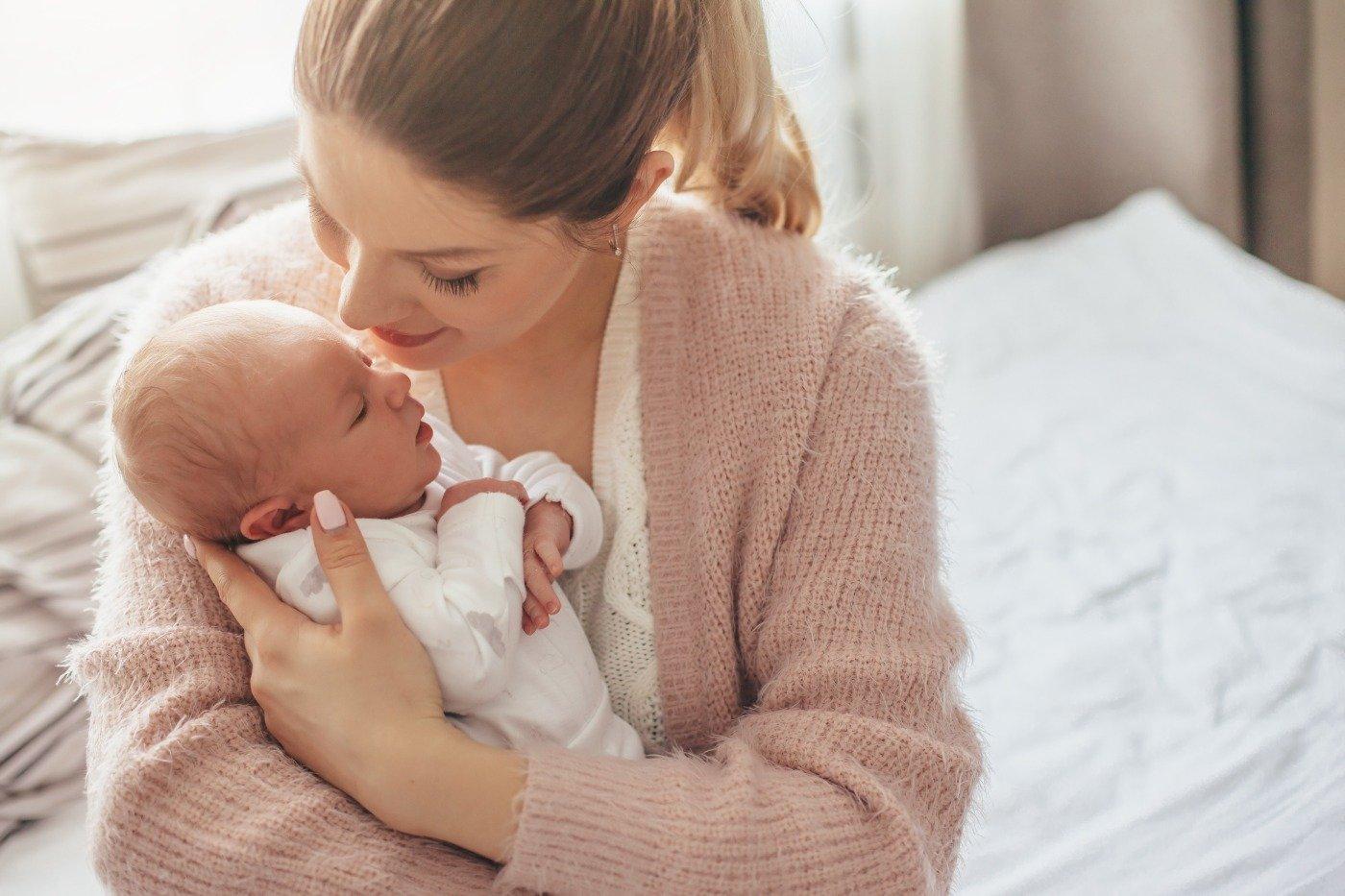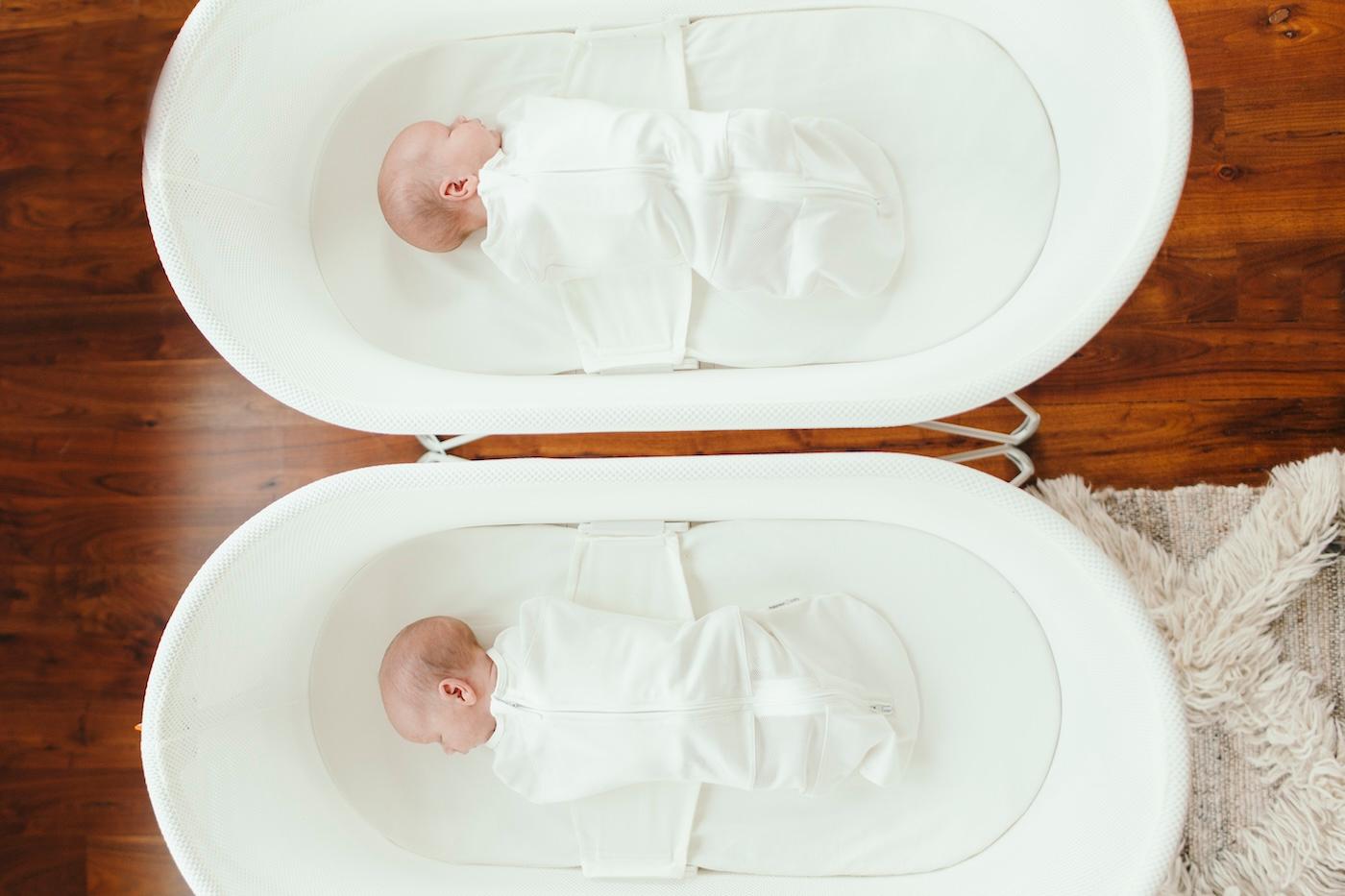PREGNANCY
What is Postpartum Depression?
When you think of depression, you usually think of sadness and crying…but postpartum depression is different in many ways.

Written by
Happiest Baby Staff

Studies show that postpartum depression affects 15-40% of all new mums. It can start soon after birth or come on months later. And, 50% of dads whose partners get postpartum depression experience depression as well. That makes postpartum depression an international epidemic!
Postpartum Depression Symptoms
When you think of depression, you usually think of sadness and crying…but postpartum depression is different in many ways. The common symptoms are anxiety, fear, and intrusive thoughts (or hearing voices). You may constantly check on your baby worried that something has happened and feel like you cannot help your baby or might even be a harm to your baby.
Baby Blues vs Postpartum Depression
Often, mums just get a mild case of the “baby blues,” but sometimes they become deeply depressed (and in rare cases can develop psychosis). As a sleep-deprived mum, hearing your baby’s crying shrieks may trigger a flood of painful memories (like being teased or yelled at). It is common for past feelings of embarrassment and anger to resurface during this stressful time. If you are feeling overwhelmed and think you might be depressed, do not hesitate to call your healthcare provider.
What Causes Postpartum Depression?
Some people have thought that postpartum depression is a result of hormonal imbalances…but mums of adopted children can have postpartum depression and so can dads…so postpartum depression cannot only be caused by hormonal shifts.
The 3 Biggest Triggers of Postpartum Depression
- Baby’s persistent crying
- Parental exhaustion
- Unsupportive partners
Treatment and Help for Postpartum Depression
Thankfully, the 5 S’s can aid with all 3 triggers directly: They calm a baby’s cries, help parents get more sleep, and can help engage an unsupportive spouse. (In fact, dads are epic baby calmers!)
Do not be afraid to turn to others for support! Ask a neighbour or friend to pick up groceries or walk the dog so you have less to worry about. And, technologies like the SNOO Smart Sleeper help your whole family rest. You can also hire a nanny, doula, or night nurse for support at home.
How to Prevent Postpartum Depression
Bottom line: Do what feels right to you, but do not let yourself be in this alone. You need help—and deserve it, too!
Disclaimer: The information on our site is NOT medical advice for any specific person or condition. It is only meant as general information. If you have any medical questions and concerns about your child or yourself, please contact your health provider. Breastmilk is the best source of nutrition for babies. It is important that, in preparation for and during breastfeeding, mothers eat a healthy, balanced diet. Combined breast- and bottle-feeding in the first weeks of life may reduce the supply of a mother's breastmilk and reversing the decision not to breastfeed is difficult. If you do decide to use infant formula, you should follow instructions carefully.
SHARE THIS ARTICLE
PARENT PICKS
Bestsellers



















